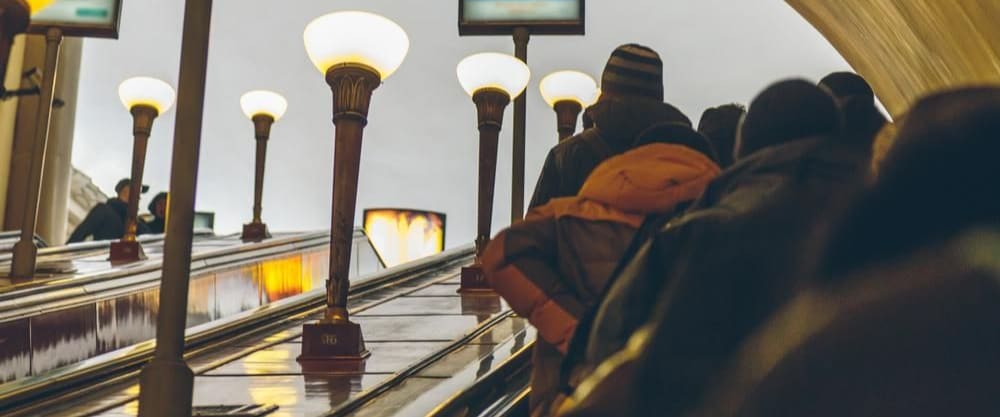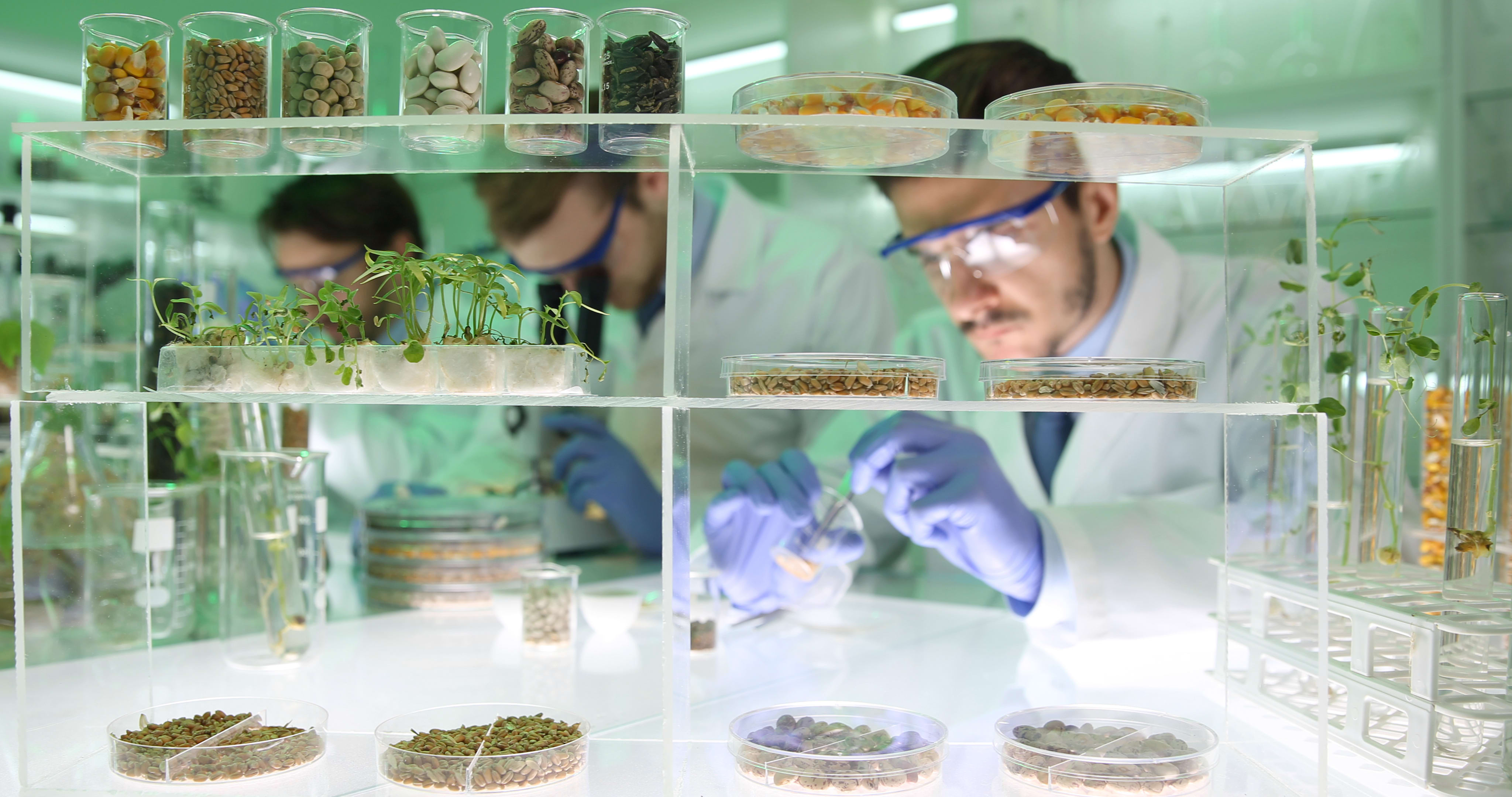What Did We Learn from COP26?
On the 31st of October, world leaders gathered in Glasgow, Scotland, for the 2021 United Nations Climate Change Conference. More commonly referred to as COP26, it was a two-week event to boost global ambitions to tackle climate change. By the end of the conference, the participating 197 countries agreed to a new deal, known as the Glasgow Climate Pact. Moreover, over 140 countries pledged to reach net-zero emissions, and 100 nations, including Brazil, pledged to reverse deforestation by 2030. COP26 also stimulated lots of interesting debates about what a sustainable future might look like. Here's a news round-up of what we learned from COP26.
- International News

Good COP26?
The Glasgow Climate Pact is one of the big success stories of this year's COP26. Although not legally binding, it has set a new transnational climate agenda for the next decade. It includes more ambitious goals to cut carbon emissions, phasing out coal-powered energy stations and fossil fuel subsidies, and extra funding to help poorer countries suffering from the effects of climate change. Other announcements at the conference included an important agreement between the US and China. The world's two largest carbon producers made a joint declaration to "recall their firm commitment to work together" to achieve the 1.5C temperature goal set out in the 2015 Paris Agreement. The plan is they will do this by cutting methane emissions, transitioning to clean energy, and de-carbonization initiatives.
Or bad COP26?
Not everyone has been impressed with this news. In fact, some commentators have suggested COP26 failed to take enough real action. Others, including Swedish activist Greta Thunberg, labeled the event a 'failure'. Speaking at a large climate rally in Glasgow, Thunberg said, "It is not a secret that COP26 is a failure. It should be obvious that we cannot solve a crisis with the same methods that got us into it in the first place."
"The people in power can continue to live in their bubble filled with their fantasies, like eternal growth on a finite planet and technological solutions that will suddenly appear seemingly out of nowhere," added Thunberg. "What we really need are immediate drastic annual emission cuts, unlike anything the world has ever seen."
Meanwhie Guardian commentator
Is it time for the people to take charge?
Climate activist George Monbiot was also left frustrated by COP26. He said, "Now it’s a straight fight for survival. The Glasgow Climate Pact, for all its restrained and diplomatic language, looks like a suicide pact." But he's not giving up yet. Instead, he believes it's time for ordinary people to stop relying on their leaders to protect the planet for future generations. He explains people power on the environment can get societies to points of critical mass where the situation suddenly flips and the world can be set for a better future.
Citing a 2018 study on human behavior, he describes how a small, committed minority (around 25% of the population) can inspire and drive real social change. "Social convention can become our greatest source of power, normalizing what now seems radical and weird," writes Monbiot. “We must simultaneously trigger a cascading regime shift in both technology and politics. It sounds like a wild hope. But we have no choice. Our survival depends on raising the scale of civil disobedience until we build the most significant mass movement in history, mobilizing the 25% who can flip the system. And our message is simple: we do not consent to the destruction of life on Earth."
A public relations success
It's hard to assess the tangible successes and failures of an event like COP26. at least not until years down the line. However, it's clear that this year's conference helped capture the public's attention. Most importantly, it convinced people that more action is required. A poll for the BBC showed most people (56%) across 31 nations want their governments to set stronger targets to address climate change as quickly as possible, with just 8% opposing action. At the same time, Ipsos Mori found that 80% of people think the climate crisis is a global emergency. Moreover, the proportion of people very or extremely worried about climate change jumped from 30% to 70%. "We can all take heart from the very strong levels of public support for the goals of the Cop26 summit," says Bridget Williams at Ipsos Mori.
What the change might look like
So what could a greener world actually look like? The decisions made at COP26 will hopefully lead to the mass adoption of electric-powered cars. There could also be fewer vehicles on the road as the future smart cities integrate greener public transport networks. It's likely we will also cycle and walk more. Our homes and work offices could get greener, with solar panels and heat pumps becoming standard. And of course people are commuting less now after COVID, since the pandemic showed that many business can work just as well, if not even better, remotely. Other future measures may include improving green spaces in and around our homes to absorb rainfall and "cooling roofs" to reflect sunlight and prevent overheating.
Better living through green technology
We may also notice a shift in the way we think, feel, and interact with others. Dr. Stephanie Sodero of the University of Manchester believes fighting climate change together could galvanize community action, creating a greater sense of civic engagement and inclusion. Matthew Hannon, a lecturer on sustainability at the University of Strathclyde, says the drive to net-zero will yield several benefits, such as cleaner air, quieter streets, and improved mental and physical health. "Delivering a just, net-zero transition should ultimately result in happier, healthier lifestyles," says Hannon. "So as we think about the changes we need to make, the questions should be less about what will we lose under net-zero and more about what we could gain."
Personal carbon tax allowances: a double-edged sword?
The COP26 has led to new discussions about personal carbon allowances. A controversial and radical idea, the allowance would give each person a monthly carbon budget to balance between heating, travel, energy, and food. In other words, goods and services would not just be priced in dollars but also in carbon. Those who wish to expend more could buy top-ups or pay higher taxes, while those who require less could sell their surplus back to the 'grid.' It sounds a bit bonkers, and some commentators have warned that personal carbon allowances could lead to a two-tier, social credit type system where only the super-wealthy can afford to eat 'real' steak or fly abroad.
Mastercard is already working with Swedish fin-tech company DO Black to create a credit card with its own carbon footprint. It will be the first card with a CO2 emission limit, stopping holders from overspending not based on available funds but on the environmental impact caused by their consumption.
Action, not words
The Irish government wasted no time putting its climate action plan into effect. During the first week of COP26, it announced plans for a $125 billion green infrastructure investment. The money will increase renewable electricity by 80%, develop carbon capture technology, and replace current public transport networks with low-emission alternatives. The Irish Deputy Prime Minister, Leo Varadkar, says, "Change is never easy, and there are serious obstacles ahead. But we cannot waste any more time. If we want a greener future, then the heavy lifting has to be done between now and 2030."
Only time will tell if COP26 was a success. However, it has definitely kickstarted a new, global commitment to fighting climate change. Or, as UK Prime Minister Boris Johnson says, "COP26 will not be the end of climate change, but it can, and it must, mark the beginning of the end."
Find your perfect program
Use our search to find and compare programs from universities all over the world!
Climate Change
Ashley Murphy
Author
After graduating with a degree in English literature and creative writing, Ashley worked as a bartender, insurance broker, and teacher. He became a full-time freelance writer in 2016. He lives and writes in Manchester, England.
Find a program in these categories


